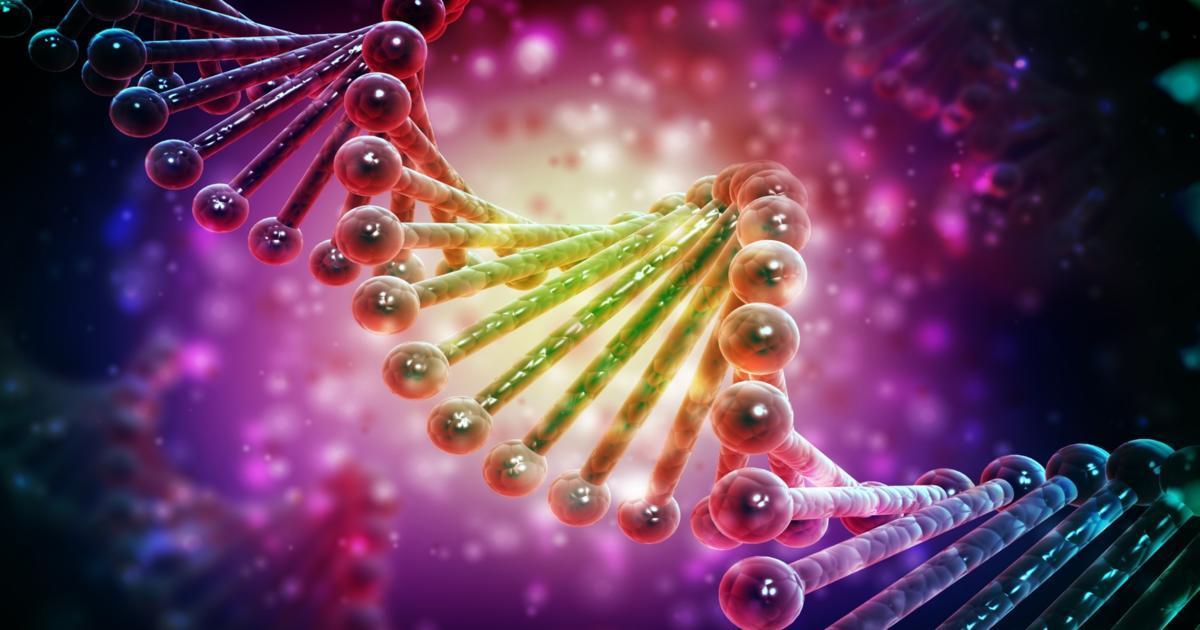Things Everyone Should Know About Dysthymic Disorder
Can Be Inherited

There may be a genetic and hereditary component to the condition. Individuals with persistent depression often have family members who also have problems with depression. If they do have family members with persistent depression or other mood disorders, their risk of developing dysthymia may be higher than those without affected relatives. Right now, researchers are conducting studies to try to isolate genes related to depression. However, there have not been any conclusive studies that have found gene mutations linked to depression. As more genetic research comes to light over the coming years, there may be enough information to do genetic tests for an individual's depression risk.
Can Be Triggered By Life Events

There is research indicating that life events can trigger dysthymic disorder. The same is true of major depression. Life events can also bring on persistent depression, major depression, and generalized anxiety. In some cases, they may resolve as life circumstances do. For example, if the depression is brought on by financial problems, individuals may find their symptoms lessening when they are in a better financial place.
Similarly, if the death of a loved one brings on depression, individuals may find their symptoms abate as they work through their grief, process the loss, and move on. But in other cases, the depression will continue long after the life event has resolved itself. Research also shows that high stress can trigger dysthymic disorder.
